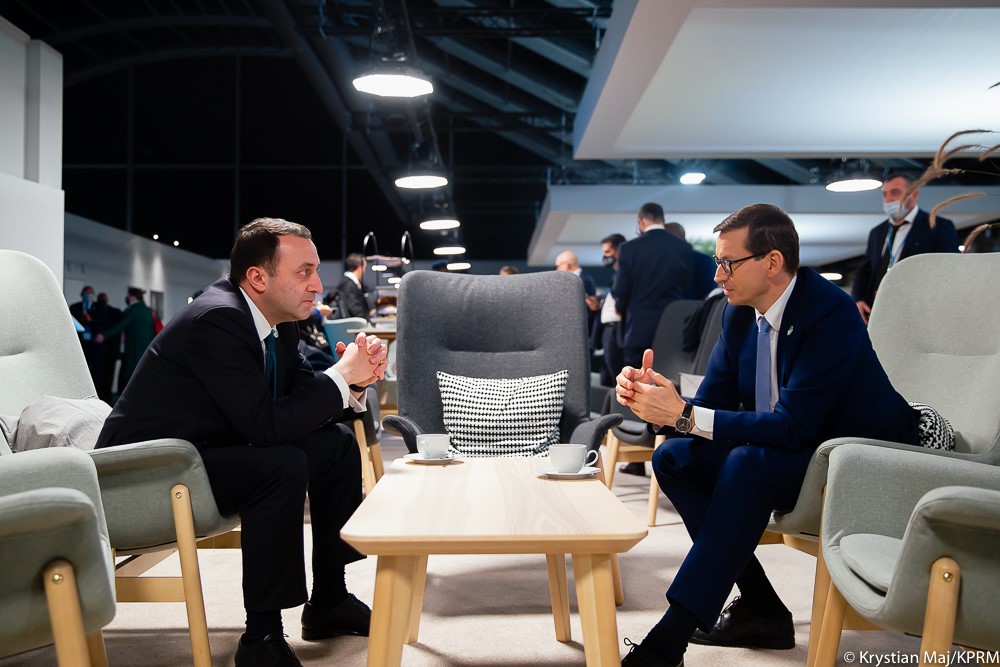Energy transition must be fair and ensure citizen security, says Prime Minister Morawiecki at COP26 Summit
01.11.2021
Reducing greenhouse gas emissions by 2030, preparing an aid package for developing countries, as well as disseminating knowledge on the importance of achieving the goals of the Paris Agreement were the main topics discussed at the COP26 climate conference held in Glasgow. Prime Minister Mateusz Morawiecki participated in the most important part of the meeting – the World Leaders Summit – a high-level meeting of heads of states and governments. During the talks, Poland’s Prime Minister raised issues related to solidarity, just transition, affordable energy and a clean environment, among others.

Energy transition must be fair and ensure citizen security
At the meeting, Prime Minister Mateusz Morawiecki emphasized that actions to counteract climate change must take into account social and economic conditions. “The energy transition must be fair and ensure citizen security. We are heading towards climate neutrality, but we must not forget both the economic impact of the pandemic and the developmental differences between individual countries and regions”, said the Prime Minister. He also explained that transition must not take place at the expense of the people. It is the citizen that should be at the heart of change.
Prime Minister Morawiecki pointed to the importance of the starting point from which specific countries begin their energy transition. “It is worth emphasizing the difference in the starting point for the rich Western European countries compared to those that could not develop normally after World War II. This shows how important it is to apply the principle of fair transition”, said Mr Morawiecki. Today, Poland must strive to catch up and pursue a climate policy that will not make its economy lose its competitiveness against other economies”, he added.
Poland actively continues its efforts to counteract climate change
If domestic and global policies are to achieve common goals to combat climate change, states must create not only resilient economies but also resilient societies that leave no one behind. Poland pursues that goal in three stages:
- Good jobs. Along with the economic recovery, the opportunity to create better-paying jobs and reduce social inequality must be seized as well. The use of renewable energy is expected to create 300,000 new jobs in Poland.
- Affordable energy. The revolution in the renewable energy market creates opportunities to produce affordable and clean energy. Poland has invested heavily in photovoltaics; its total PV installed power exceeds 4.1 GW, which translates into a 250% increase year on year.
- Clean environment. Poland has also taken intensive measures to reduce smog in cities – actions planned in the coming years include eliminating three million coal-fired heaters, a shift to zero-emission technologies in public transport, as well as supporting electromobility in the passenger car segment.
COP26 summit in Glasgow – a major step towards attaining Paris Agreement’s goals
“The COP26 summit is a major step towards attaining the goals of the Paris Agreement”, said Prime Minister Morawiecki. He also noted that we live in a world that is still recovering from the COVID-19 crisis. The EU was the first leading economy to adopt the goal of climate neutrality by 2050. “Many countries have followed in the Union's footsteps, but global challenges require global efforts. Each of us should have a part to play in them”, said Mr Morawiecki.
“Let our meeting become another opportunity to build bridges and a new milestone for our ambitions and recipes for their effective implementation in the spirit of a socially just transformation”, he remarked.
Paris Agreement – a global action plan to protect us from climate change
The Paris Agreement sets out a global action plan to protect us from climate change by limiting global warming to less than 2°C and keeping it at a level of 1.5°C. This level should be achieved in such time as to allow ecosystems to adapt naturally to climate change, as well as to ensure undisturbed production and enable sustainable economic development.
The Paris Agreement is also meant to improve the ability of specific countries to handle the effects of climate change and provide them with the necessary support. Adopted in December 2015 at the COP21 climate conference held in Paris, the Agreement has more than 190 signatories, including the European Union and its member states.
Video
Photos (10)
 Display photo 2 in the gallery.
Display photo 2 in the gallery.
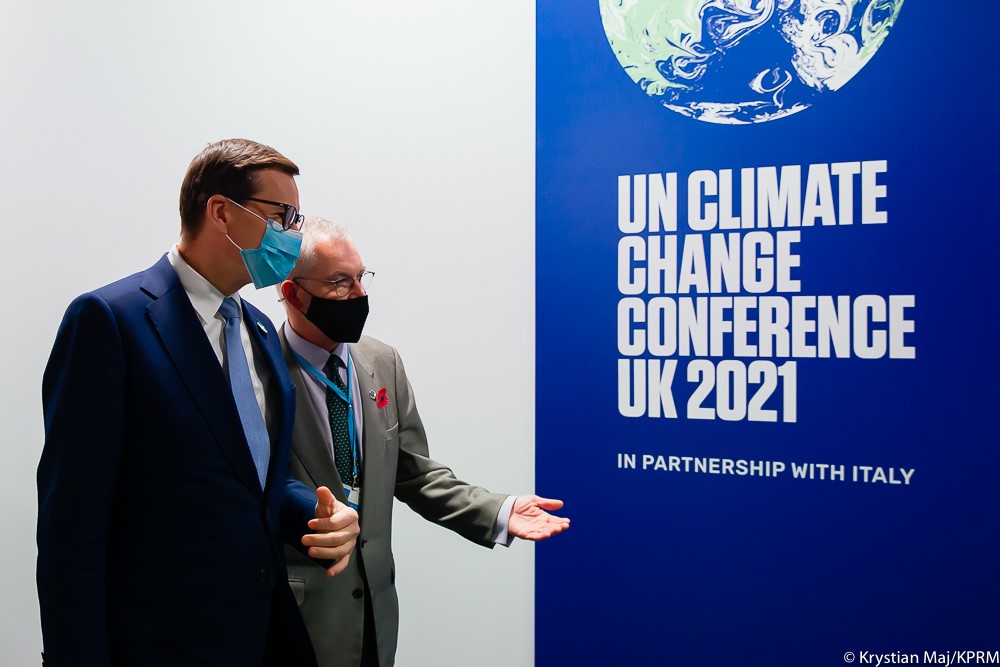 Display photo 3 in the gallery.
Display photo 3 in the gallery.
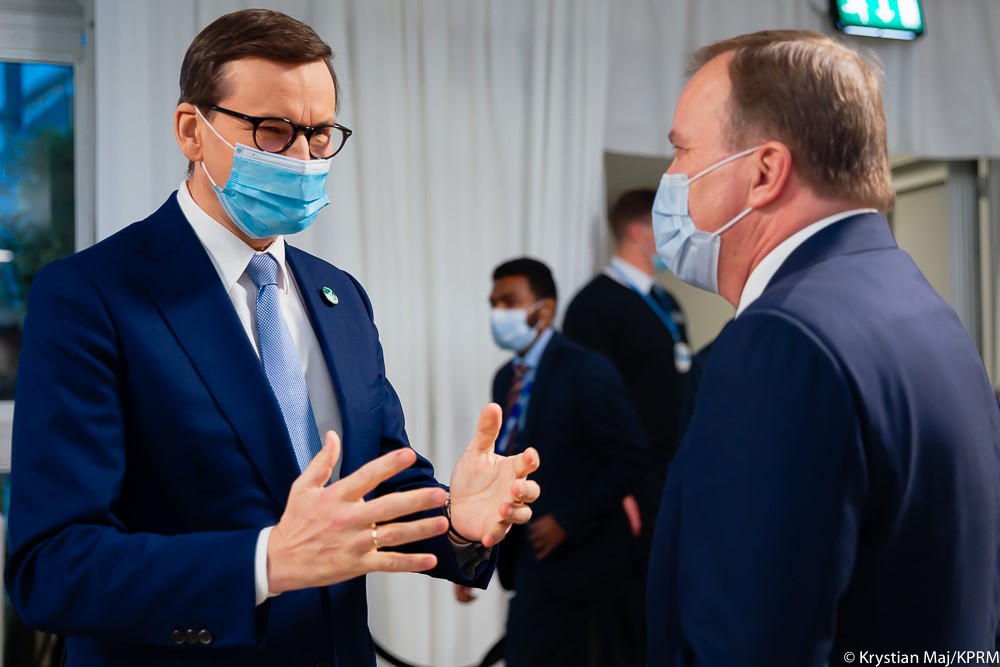 Display photo 4 in the gallery.
Display photo 4 in the gallery.
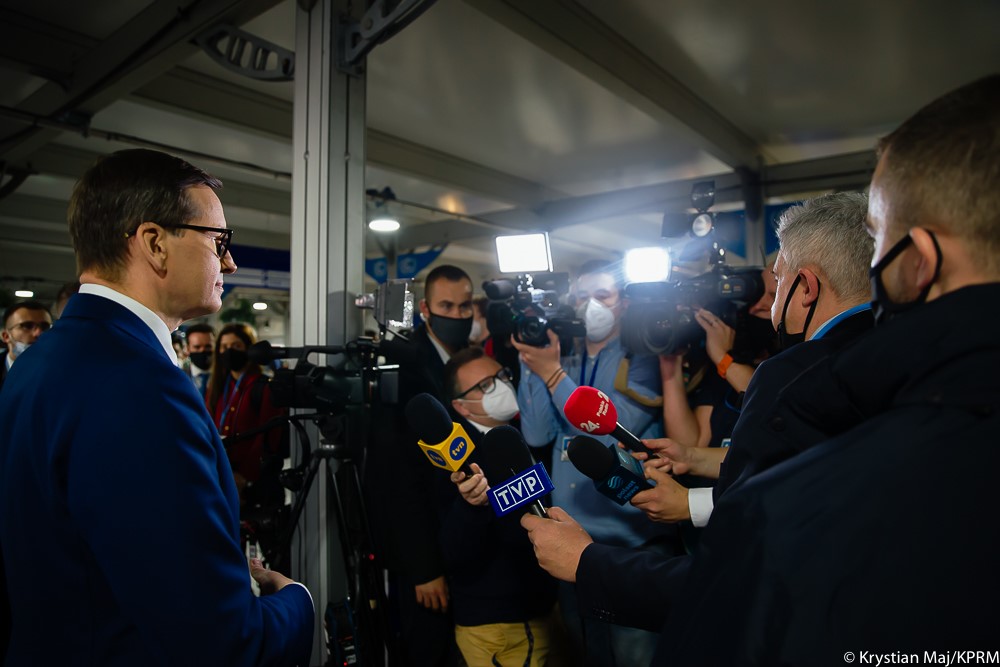 Display photo 5 in the gallery.
Display photo 5 in the gallery.
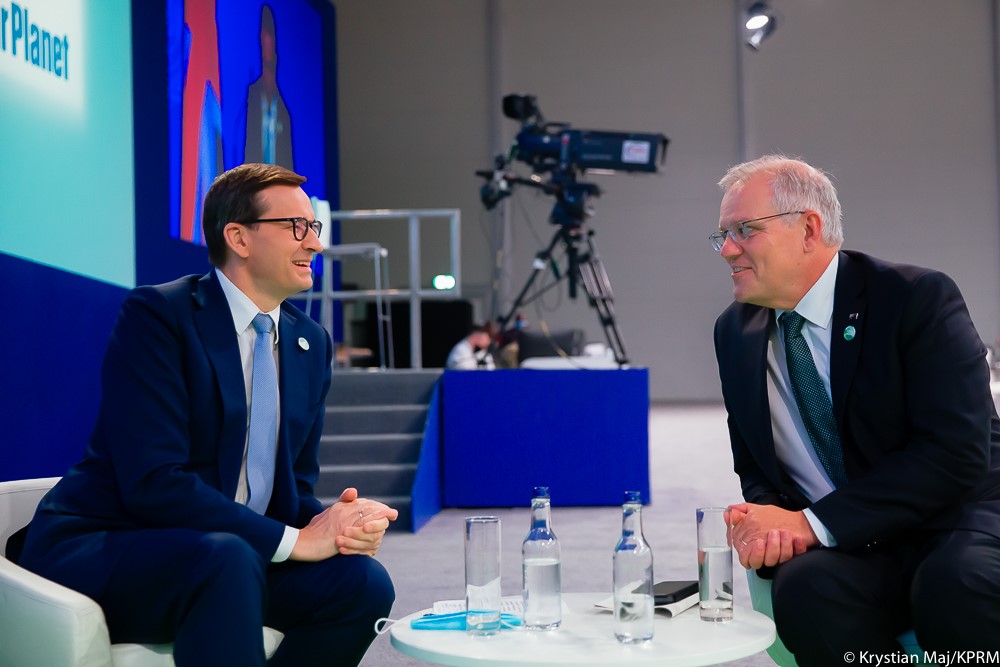 Display photo 6 in the gallery.
Display photo 6 in the gallery.
 Display photo 7 in the gallery.
Display photo 7 in the gallery.
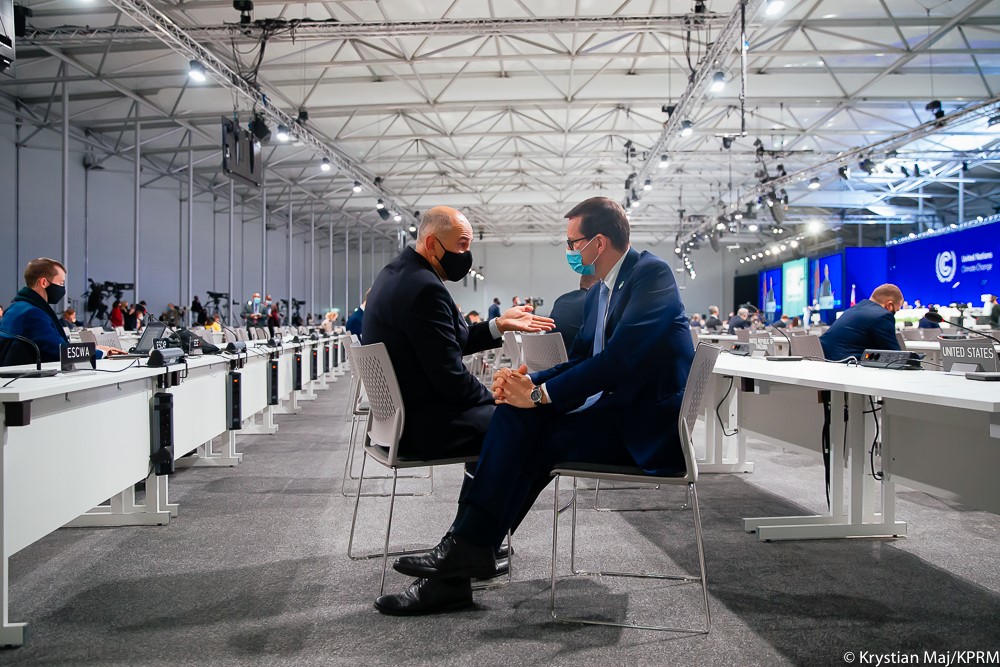 Display photo 8 in the gallery.
Display photo 8 in the gallery.
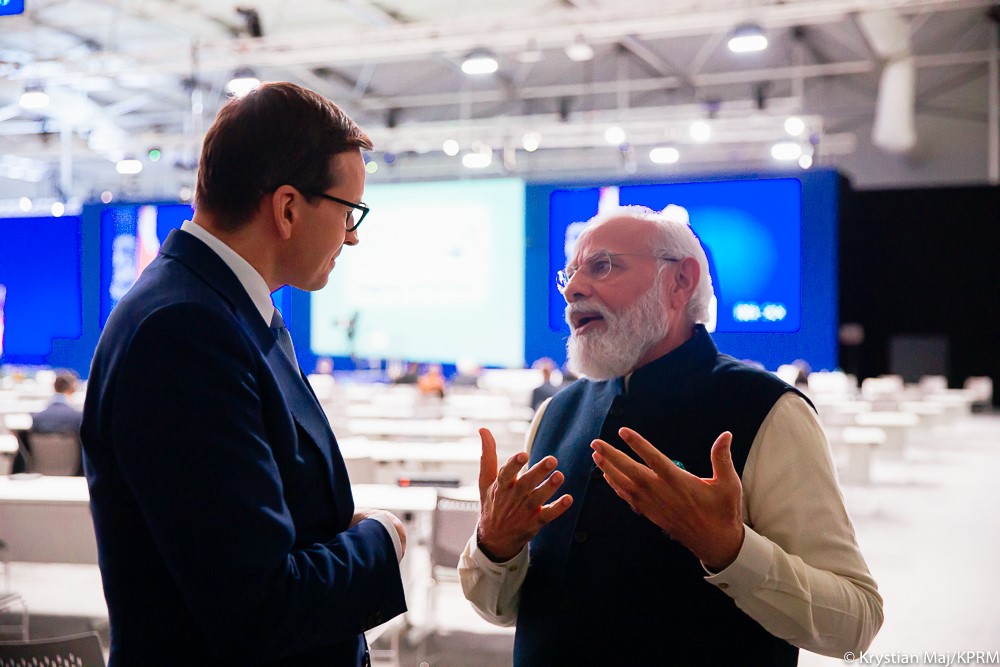 Display photo 9 in the gallery.
Display photo 9 in the gallery.
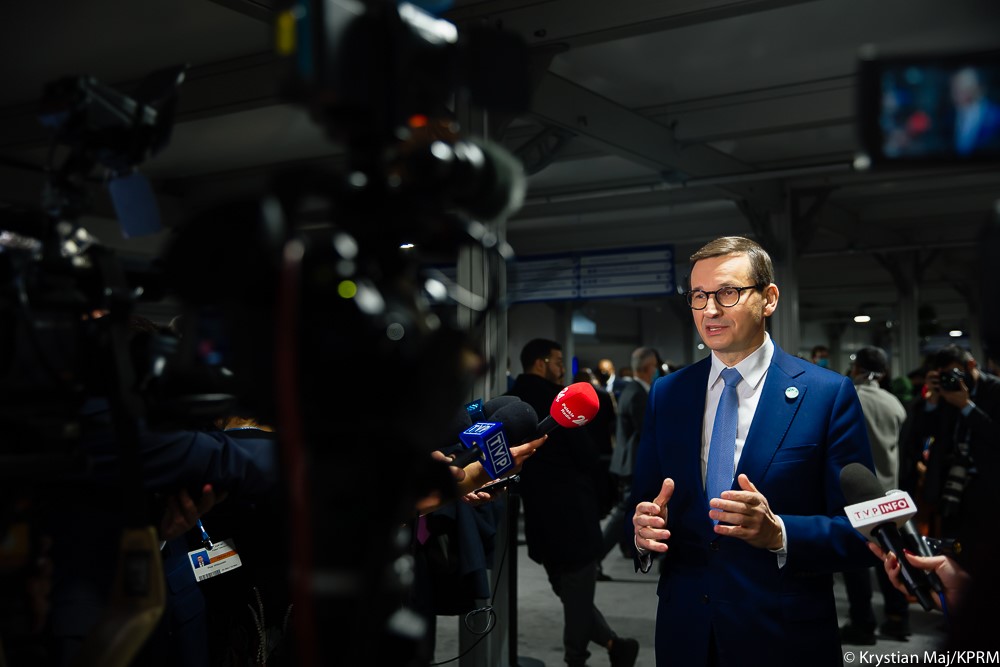 Display photo 10 in the gallery.
Display photo 10 in the gallery.
